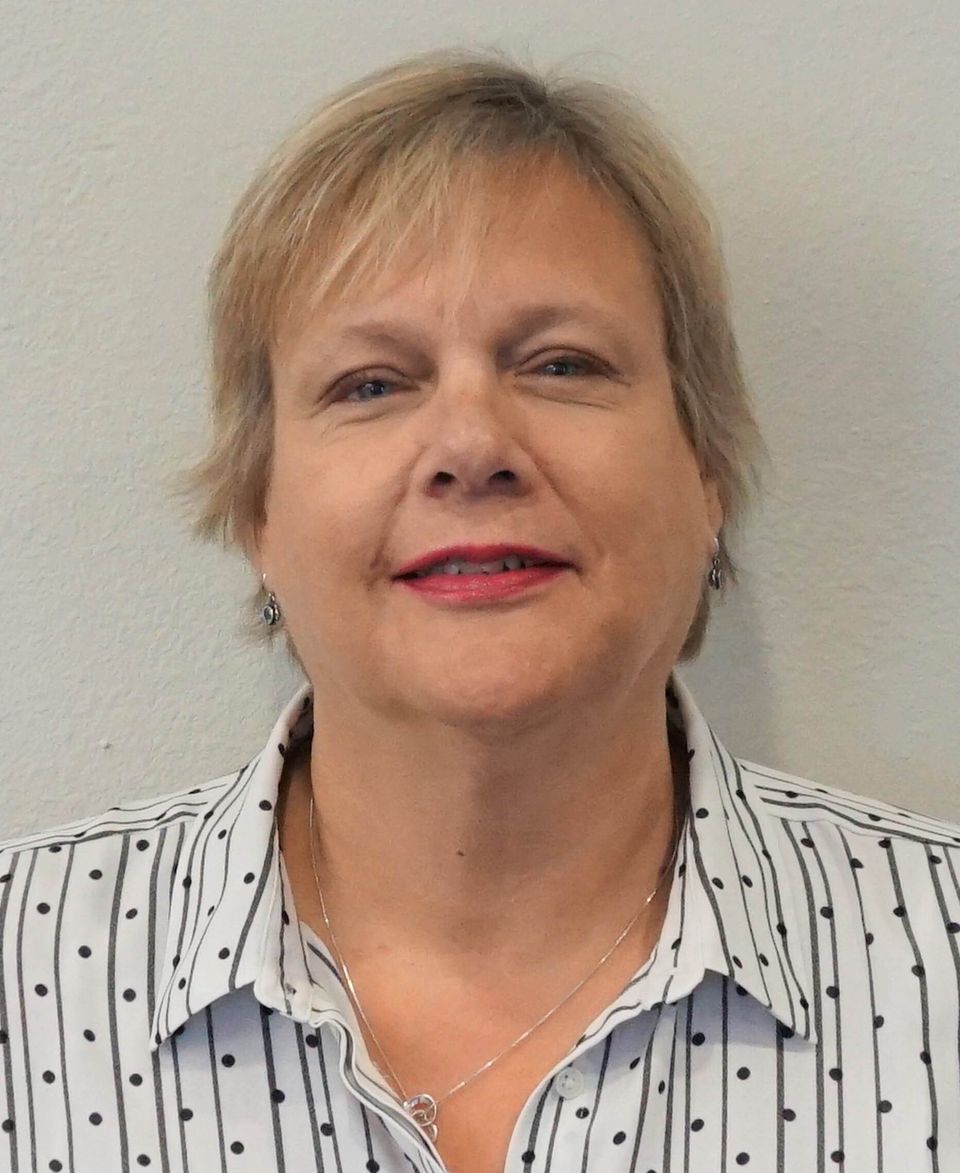H-E-B Partners Support CASA
H-E-B Partners step up to support San Antonio Community with Child Advocates San Antonio (CASA)

Renowned for its deep-rooted support for the San Antonio community, H-E-B is one of our city’s biggest donors and supporters of families in need. Throughout our community, H-E-B Partners have excelled in their commitment to give back during these unprecedented times - including as CASA Volunteers! Thank You!
CASA Advocates are community volunteers who are assigned to a child (or children) recently removed from their family, due to abuse or neglect, and placed into the foster care system. The CASA Advocate acts as the one constant in that child’s life until they are placed within a permanent family home.
After one month of training, and being sworn in by a judge, CASA Advocates begin their role of advocating for that child. They watchfully ensure that the child is cared for and does not fall through the cracks of an overburdened system. CASA Advocates make monthly visits to children and build trusting relationships with the child(ren). Volunteers make informed recommendations to the judge regarding the child’s physical and emotional well-being. Their Advocate becomes their constant, and most importantly, they bring hope during a dark and scary time.
Karen Schiffmacher, an H-E-B partner for 23 years, has also been a CASA Advocate for over 2 years. She takes pride in the impact she has made for the 3 children on her case, most recently helping her CASA child get accepted into the city’s new college initiative program. “H-E-B has been extremely flexible in allowing me the time I need to attend court dates, meet with other support members, and even pick up the children from school on occasion.” says Karen. “H-E-B also has asked what they can do to help and what items they can provide to my CASA children and their foster homes. They are pretty amazing!”
Karen encourages other H-E-B Partners to become CASA Advocates. “It is a great way to give back, but also to influence, and change a child’s life! We are not only advocates, but also role models for these children. When we advocate, through our own experiences, we allow the children to see there is more to life, and we can connect them to resources to figure out their future path and achieve all of their dreams.”
We love that H-E-B and their Partners have been inspiring supporters of CASA, and we encourage others to consider becoming a CASA Advocate. The only thing required of you is your time. This opportunity not only gives back to the children you work with but will also impact your own life forever. Learn how you can get involved by joining an upcoming information session or training class. For more information, visit www.casa-satx.org or call (210) 225-7070.

In November 2025, Child Protective Services received a referral involving two sisters, ages 13 and 14, who were found caring for themselves. Following the death of their father, the girls experienced ongoing abuse and neglect. They were living in unsafe and unsanitary conditions, frequently left alone without adequate food, functioning plumbing, or consistent supervision, and were exposed to strangers regularly coming in and out of the home. Shortly after removal, Tameka Woolfolk was appointed as the Advocate on the case. From the very beginning, Tameka became one of the few consistent and reliable adults in the girls’ lives. The children experienced and continue to endure placement changes. These frequent transitions created ongoing instability and further complicated the girls’ ability to heal and adjust. Throughout each move, Tameka remained steadily involved, working diligently to ensure that the children’s services and support continued without interruption. She supports the girls not only emotionally, but physically as well helping pack their belongings at each move, accompanying them during school tours, and remaining readily available whenever they need support. Neither child was initially aware that they had the right to speak directly with the judge. Tameka recognized the importance of their voices being heard and with the support of the Ad Litem, helped to facilitate their presence at court, requesting that the judge meet with the girls in a breakout room, so they could personally express their wishes, all with the department, CASA and the Ad Litem by their side. In addition, this case was referred to Collaborative Family Engagement (CFE). During CASA’s ongoing exploration for family connections alongside the Department, Tameka discovered the children’s father’s obituary. Through this discovery, it was learned that the girls’ father had served in the United States Army as a combat medic during the Vietnam War and later worked for 30 years in civil service. Tameka took the initiative to request documentation, including VA records and a death certificate, to determine whether the children might be eligible for survivor benefits. The obituary also revealed that the girls are two of fourteen siblings. While many of the siblings were unable to provide support, CASA and the Department were able to establish contact with one brother. Through Tameka’s strong collaborative relationship with the Department and the Attorney Ad Litem, a thoughtful and appropriate plan was developed to allow the girls to begin visits with their brother, his wife, and their cousins. Although this story is still unfolding, both girls know one unwavering belief, that no matter what comes next, they know that Miss Tameka will continue to stand beside them every step of the way.







